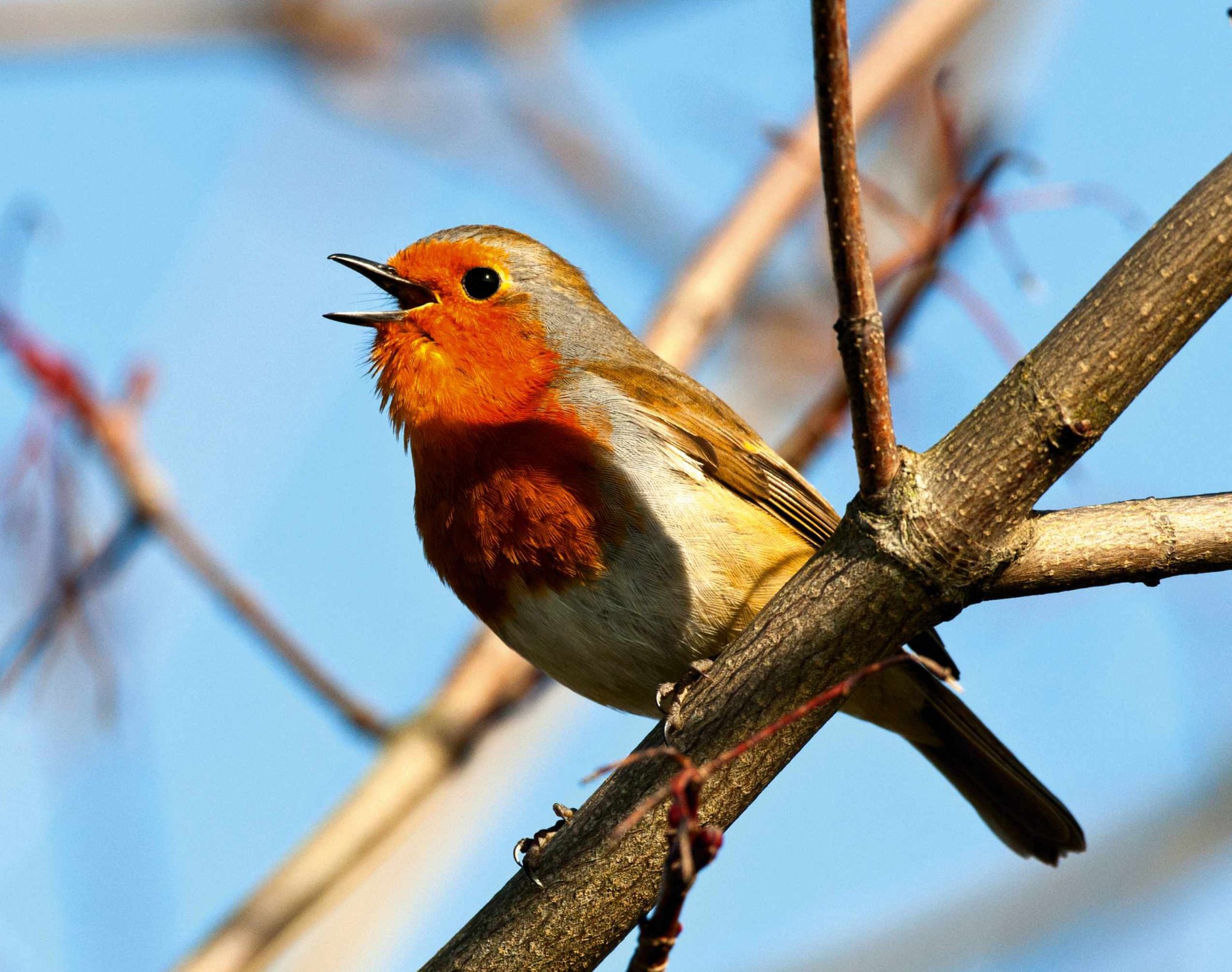WATCHING OR LISTENING TO BIRDS CAN HELP BOOST MENTAL WELLBEING, EVEN FOR THOSE WITH DEPRESSION
Worldwide study using smartphone app uncovers mood-boosting effect of birds and birdsong

Here’s an easy way to make yourself feel a bit chirpier: seeing or listening to birds can improve our mental wellbeing, a study carried out at King’s College London has found.
The finding is based on data collected by a smartphone app named Urban Mind that was developed by King’s College London, landscape architects J&L Gibbons and the arts foundation Nomad Projects. The app was downloaded by almost 1,300 volunteers from the UK, the European Union and the USA. Each day, the volunteers were sent three notifications by the app and asked whether they could see or hear birds nearby, followed by a short questionnaire designed to assess their mental wellbeing. The researchers found that the volunteers’ wellbeing was better when they could see or hear birds, compared to when they could not.
“There is growing evidence on the mental health benefits of being around nature”
“There is growing evidence on the mental health benefits of being around nature and we intuitively think that the presence of birdsong and birds would help lift our mood,” said lead researcher Ryan Hammoud, from King’s College. “However, there is little research that has actually investigated the impact of birds on mental health in real-time and in a real environment.”
The app also collected information on existing diagnoses of mental health conditions and found that the mood-boosting effect was even seen in those who were diagnosed with depression.
“The term ‘ecosystem services’ is often used to describe the benefits of certain aspects of the natural environment on our physical and mental health,” said co-researcher Prof Andrea Mechelli, of King’s College London.
“However, it can be difficult to prove these benefits scientifically. Our study provides an evidence base for creating and supporting biodiverse spaces that harbour birdlife, since this is strongly linked with our mental health.”